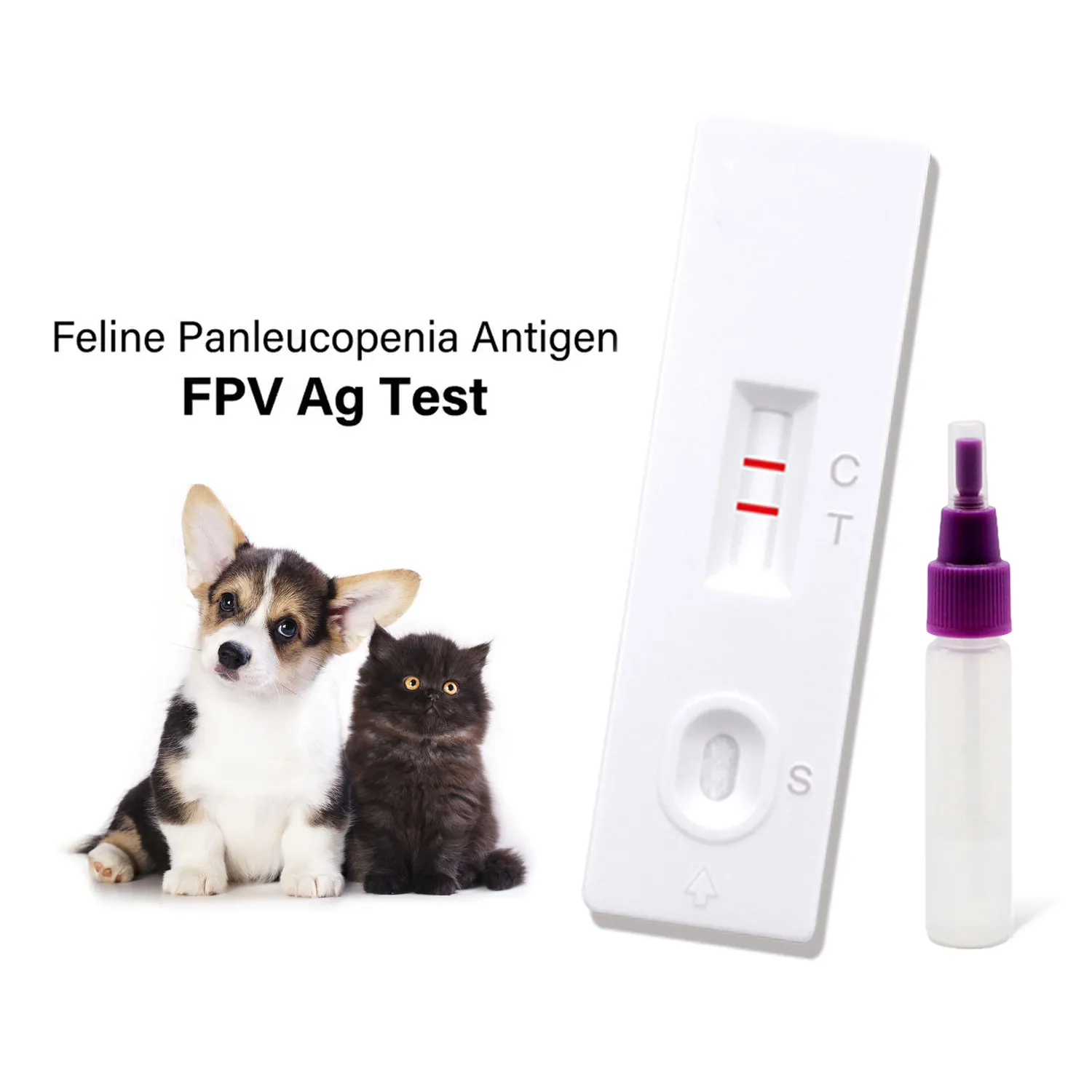जन . 20, 2025 04:36 Back to list
HCG Pregnancy Test Midstream
Heterotopic pregnancy, a rare and complex condition, occurs when both an intrauterine and an ectopic pregnancy develop simultaneously. Most often, the ectopic component is found in the fallopian tubes, but it can also occur in the cervix or abdomen. Over recent decades, the prevalence of heterotopic pregnancies has increased, largely due to the rising use of assisted reproductive technologies (ART) such as in vitro fertilization (IVF), which enhance the risk of multiple gestations. Understanding and managing this rare phenomenon necessitate a multidisciplinary approach, blending expert medical knowledge with first-hand experiences to foster informed product innovation.
Product innovation extends beyond treatment solutions, encompassing educational resources for both healthcare providers and patients. Online platforms dedicated to this condition are invaluable, offering forums for sharing experiences, the latest medical findings, and tailored advice from experts in reproductive health. These platforms not only disseminate knowledge but also foster a supportive community for those navigating the emotional and physical challenges of heterotopic pregnancy. Trust in the medical community remains fundamental to the effective management of heterotopic pregnancy. By fostering collaborations among obstetricians, gynecologists, sonographers, and researchers, the healthcare system continues to advance toward better patient outcomes. These collaborations are pivotal to developing authoritative treatment guidelines and trust-inspiring educational campaigns, instrumental in both professional training and patient reassurance. For patients, the journey of heterotopic pregnancy is fraught with uncertainty, and navigating this path requires not only expert medical intervention but also emotional support. Healthcare providers must bridge the gap between clinical authority and compassionate care to guide patients through decision-making processes with empathy and precision. In conclusion, the complexity of heterotopic pregnancy necessitates continuous advancements in medical expertise, diagnostic technologies, and patient education. Emphasizing authoritative experiences from medical professionals, innovative treatment products, and support networks ensures comprehensive and trustworthy care, ultimately improving outcomes for both mothers and their intrauterine pregnancies. As research and technology evolve, so does the potential for more adaptive and patient-centered solutions, offering hope and guidance for those affected by this rare condition.


Product innovation extends beyond treatment solutions, encompassing educational resources for both healthcare providers and patients. Online platforms dedicated to this condition are invaluable, offering forums for sharing experiences, the latest medical findings, and tailored advice from experts in reproductive health. These platforms not only disseminate knowledge but also foster a supportive community for those navigating the emotional and physical challenges of heterotopic pregnancy. Trust in the medical community remains fundamental to the effective management of heterotopic pregnancy. By fostering collaborations among obstetricians, gynecologists, sonographers, and researchers, the healthcare system continues to advance toward better patient outcomes. These collaborations are pivotal to developing authoritative treatment guidelines and trust-inspiring educational campaigns, instrumental in both professional training and patient reassurance. For patients, the journey of heterotopic pregnancy is fraught with uncertainty, and navigating this path requires not only expert medical intervention but also emotional support. Healthcare providers must bridge the gap between clinical authority and compassionate care to guide patients through decision-making processes with empathy and precision. In conclusion, the complexity of heterotopic pregnancy necessitates continuous advancements in medical expertise, diagnostic technologies, and patient education. Emphasizing authoritative experiences from medical professionals, innovative treatment products, and support networks ensures comprehensive and trustworthy care, ultimately improving outcomes for both mothers and their intrauterine pregnancies. As research and technology evolve, so does the potential for more adaptive and patient-centered solutions, offering hope and guidance for those affected by this rare condition.
Latest news
-
Dengue NS1 Rapid Diagnostic Test Kit
NewsMar.07,2025
-
Dengue NS1 Rapid Diagnostic Test Kit
NewsMar.07,2025
-
Dengue NS1 Rapid Diagnostic Test Kit
NewsMar.07,2025
-
Transferrin Rapid Test Cassette Tumor Marker TF Card
NewsMar.07,2025
-
Malaria Pf Pan Rapid Diagnostic Test Kit
NewsMar.07,2025
-
malaria pf / pan ag rapid test
NewsMar.07,2025

